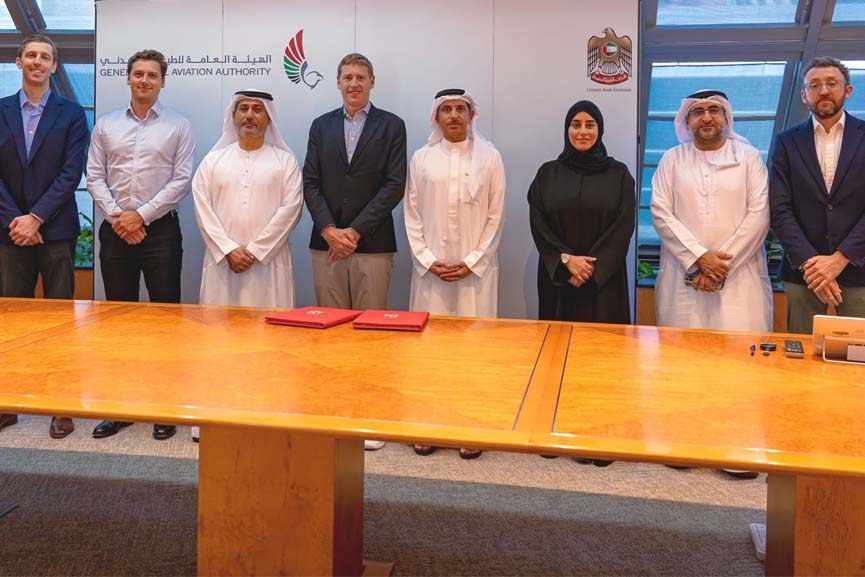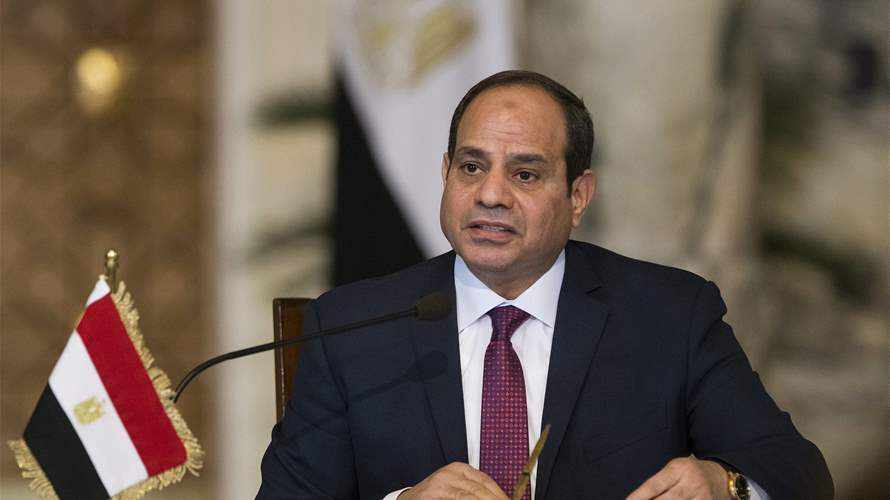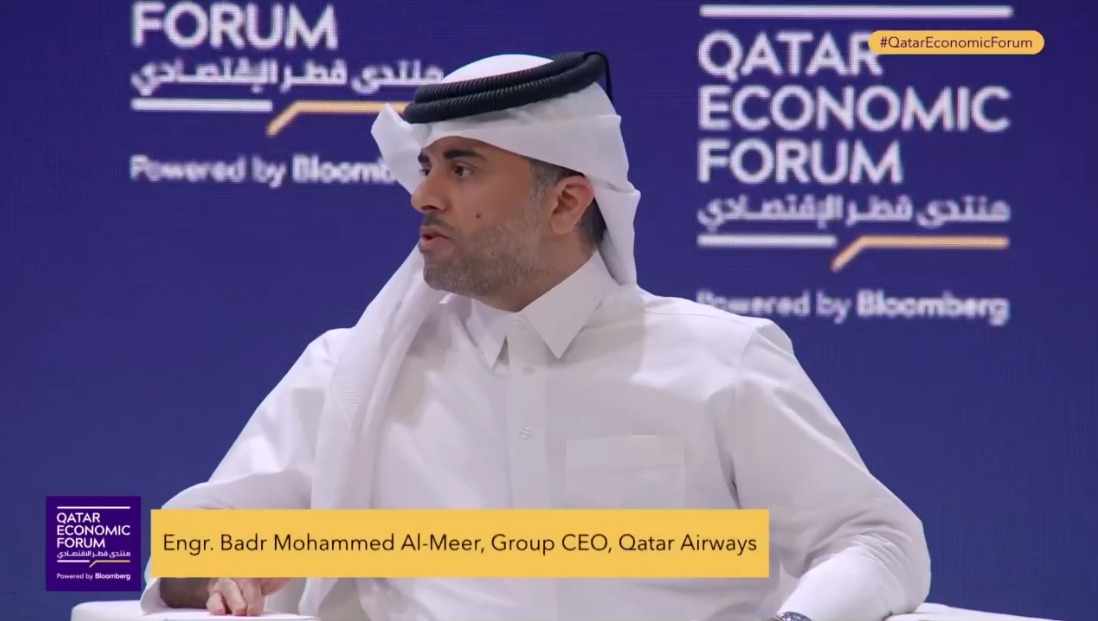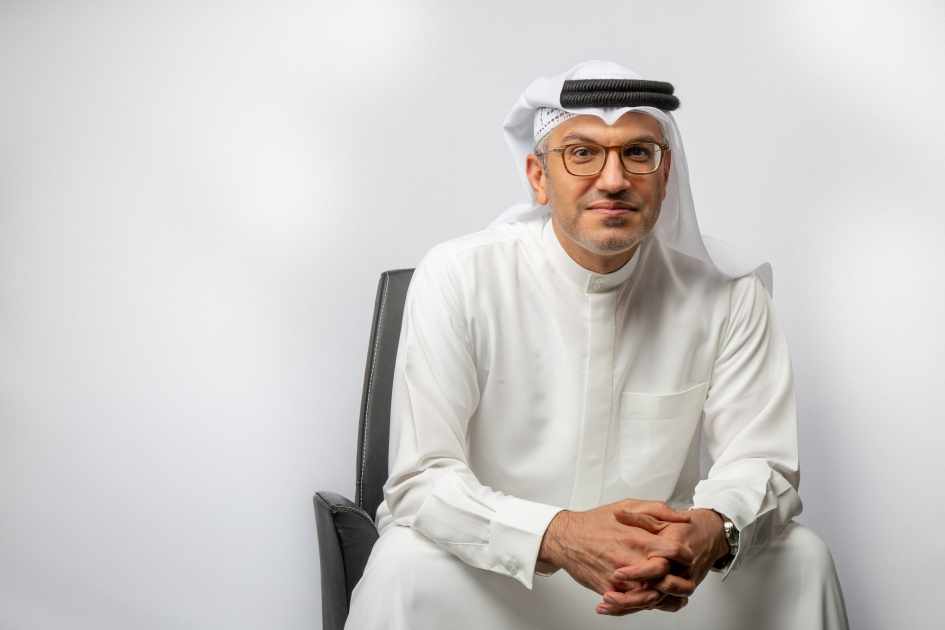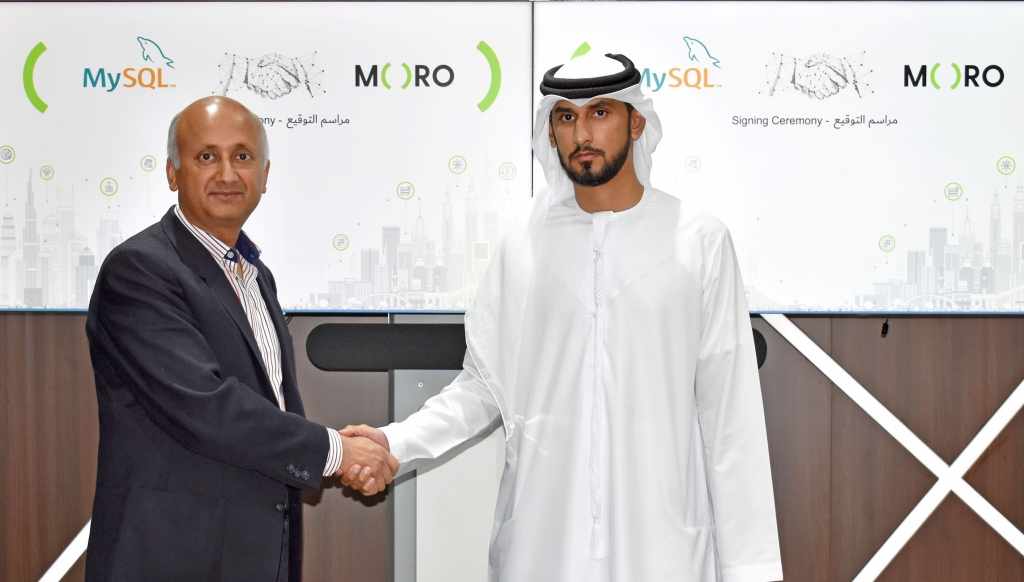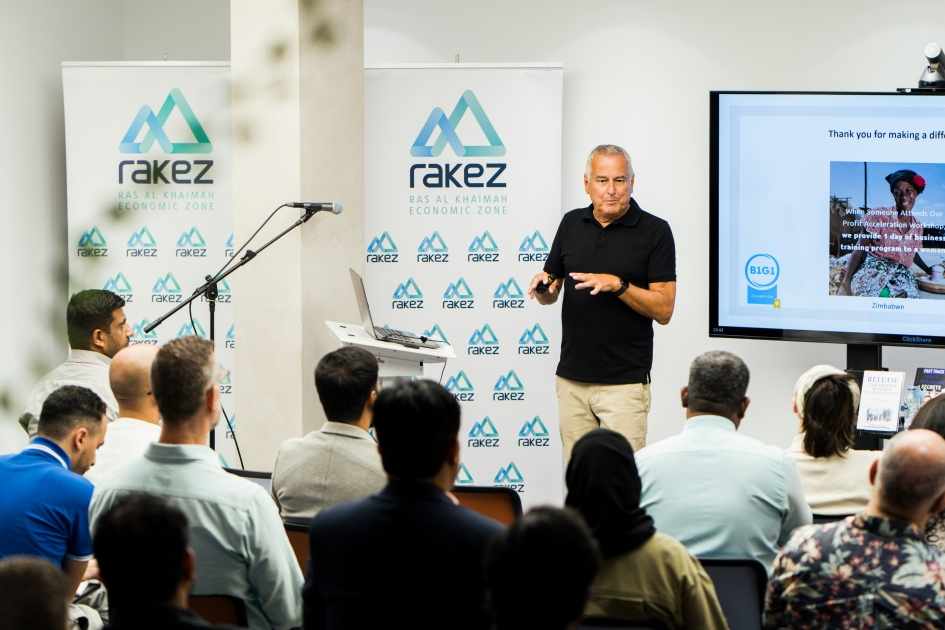Arab space programmes are skyrocketing
- Date: 23-Apr-2023
- Source: Gulf News
- Sector:Financial Markets
- Country:UAE
Arab space programmes are skyrocketing
Since time immemorial, mankind has been entranced by the boundless mysteries of outer space. Throughout history, Arab scientists made significant discoveries and contributions to the field of space exploration, serving as launch pads for modern inventions. To illustrate, in the 8th century, the Caliph al-Mamun al-Rashid ordered the establishment of the first astronomical observatory in the Islamic world, within the renowned House of Wisdom. On the other hand, the pioneering 10th century Syrian female astronomer, Mariam Al-Astrulabi, perfected the usage of astrolabes; instruments which are used to calculate the altitude of celestial bodies in the sky. It is no wonder that, today, more than 165 stars have names of Arabic origin and 24 craters on the moon are named after prominent Muslim astronomers. The fascination with space exploration remains riveting, with the Arab world investing heavily in world-class space programmes. More recently, the Arab world’s first interplanetary mission to Mars, led by the UAE’s “Hope” probe, made headline news with the UAE becoming the fifth nation in history to reach Mars. The probe aims to facilitate research discovery on a number of pivotal scientific enquiries regarding the Red Planet’s atmosphere and transmit critical information for scientists to access. There is


